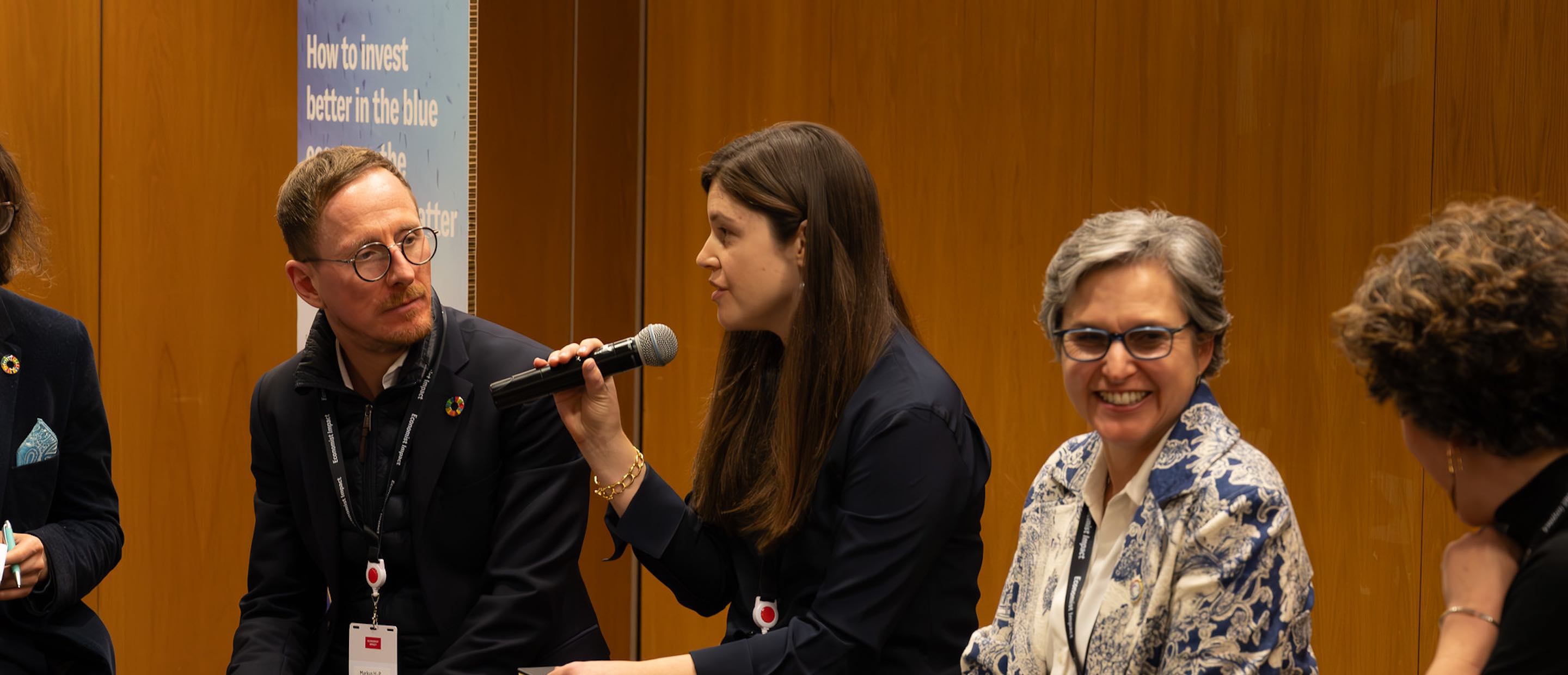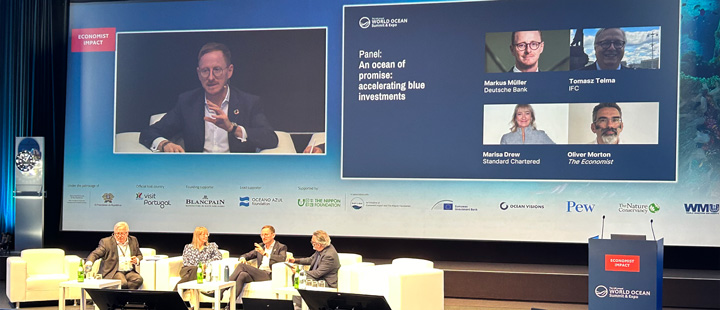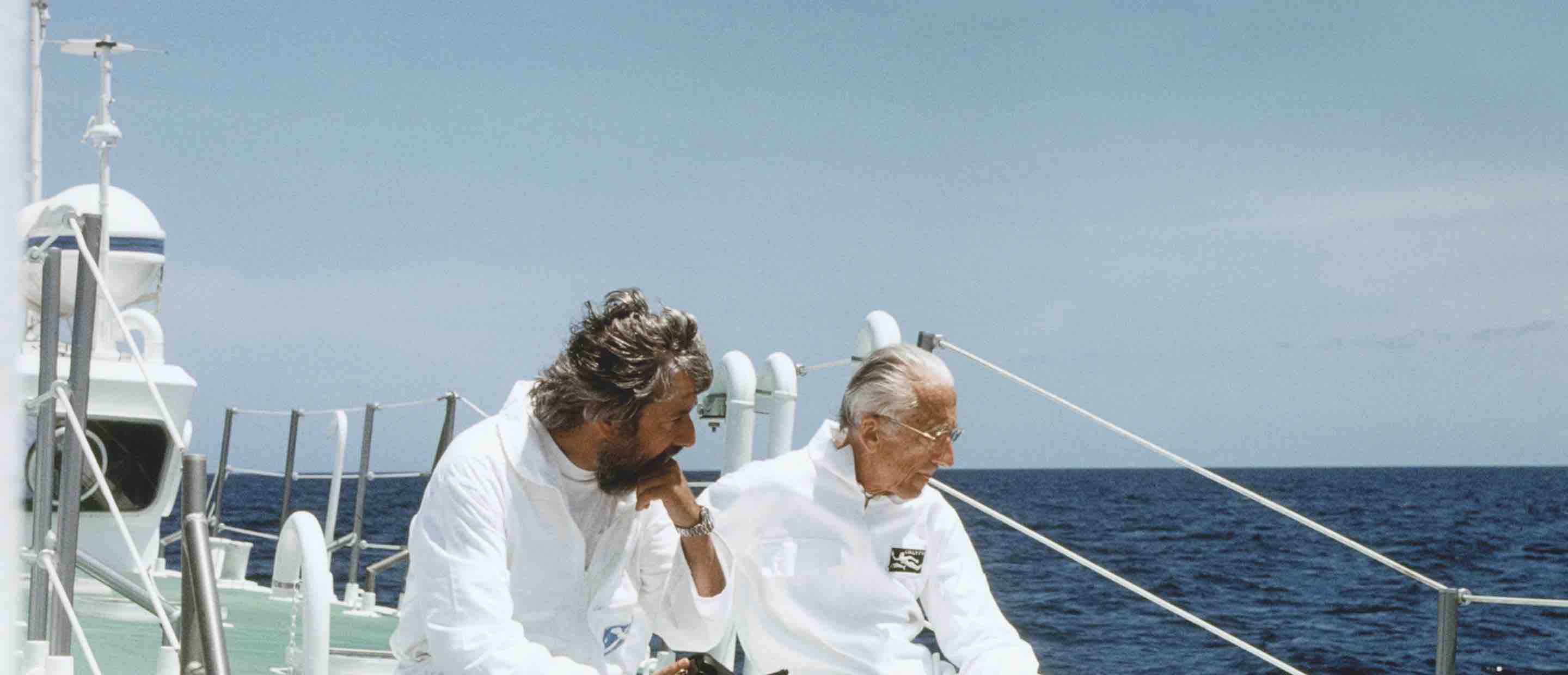At the Economist’s 11thannual World Ocean Summit, we hosted a "How To" session aimed at creating a set of action points and practical takeaways for individuals and organisations committed to restoring ocean health.
The interactive session had a small, focused group of subject-matter experts exploring how investors can invest better in the blue economy.
The speakers discussed how companies must start looking at their value chains and identify those with a sustainable business model and strong growth potential. They explained the key performance indicators that can inform decisions that align with sustainable goals. The discussion also provided guidance on how businesses can effectively communicate their sustainability commitments to attract investment and foster stakeholder trust.
Key Takeaways
- When considering the idea of how to invest better in the blue economy, four key areas were discussed: regulation, metrics, litigation, and finance and investment.
- To maximise impact, science, finance and policy need to work together and to speak a common language.
- Closing the finance gap is being approached in the wrong way. A “finance gap” implies that more money is needed to close a gap. However what is actually needed is for the money to flow into the right projects. In order to achieve this, nature and ocean compliant projects need to be economically viable with a stable and attractive risk profile.
- During this time of sustainable transition, there is regulatory ambiguity, which needs a flexible and adaptive regulatory framework.
- The major sector incumbents in business need to be the ones to drive the necessary system changes that will create a sustainable blue economy.
- We need new sustainable business models that recognise society’s dependence on nature. Value chains need to drive this change and disruption by innovation-driven startups can make a substantial difference in reconfiguring value chains.
- Investors play an important role in identifying ocean-positive business models with strong growth potential. Economic viability remains important throughout the transition. This does not mean that the focus is only on direct ocean-related businesses; businesses need to rediscover and understand their value chain.
- Fit-for-purpose metrics are critical in supporting stakeholders to make ocean-positive decisions, including investment decisions. It is the purpose of the metrics that will support ocean regeneration that matters, and not the volume.
- Nature-related risk needs to be recognised as a material financial risk, incentivising action by business and investors.
- The role of litigation is crucial and often overlooked: it has to be part of a sensible risk-management approach; litigation is rapidly escalating both from the authorities and third parties.
- Nature-based solutions could generate multiple revenue streams to boost economic viability (e.g. aquaculture and ecotourism). Governments and supranationals can help mobilise the necessary capital to grow nature-based solutions. A co-benefit approach needs to be embedded in the project design such as the System of Environmental Economic Accounting (SEEA), which complements GDP.
Moderator:
Martin Koehring, Global director of impact, Forum for the Future
Panel:
Markus Müller, Chief investment officer ESG, Deutsche Bank
Karen Sack, Executive director, Ocean Risk and Resilience Action Alliance (ORRAA)
Maria de Athayde Tavares, Lawyer – finance, energy and infrastructure, Lisbon, Linklaters
Annick Paradis, Executive director, Pollination
Clara Johnston, Account executive, NatureMetrics
Access the report from this and other sessions hosted at 11th World Ocean Summit at Impact.Economist.com











